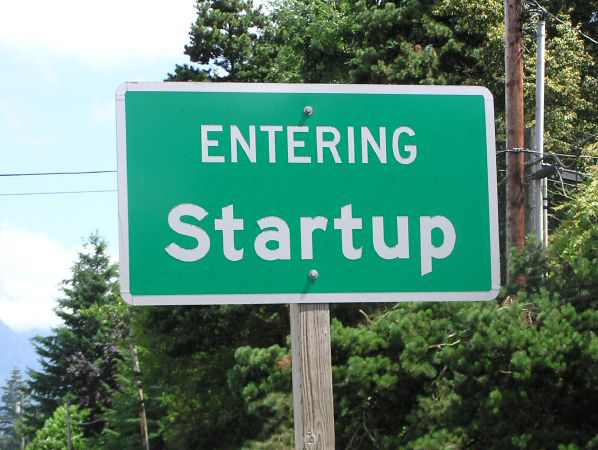It is no secret that in some regions of the world access to education and healthcare is not provided to all segments of the population. Universal social security, unfortunately, does not have a comprehensive distribution around the world. But today’s tech startups seem to be more focused on letting people livestream themselves, or having them put fake mustaches in their photos. There’s plenty of room for startups to solve people’s real-life problems.
There are still countries where almost half of the children do not receive even an elementary education. The educational reform policy has not yet completely changed this situation. As for medicine, some peoples are limited to medieval methods, because of which they have a high mortality rate, low life expectancy and are subject to many sufferings.

Startups have been doing their bit to help disadvantage people. This is particularly true in the fields of education and medicine. In education, companies like Khan Academy have made education accessible to all; several other course providers, such as MIT and Coursera, have put their entire series of video lectures online. This enables a kid on Africa to have access to the same level of content as a kid in California, and acts as a great equalizing force. Several other services are available on the internet, including custom essay writing service and online tutors. In the field of education, there are several startups that are designed to help people learn how to code, like CodeAcademy and Udemy.
Several steps have been made in the field of medicine as well, even though they haven’t all been successful. Theranoswas a startup that aimed to make blood tests instant and affordable for all. It didn’t quite end up delivering on its promise. Some companies, such as BetterHelp, are catering to the online counselling space. Even Apple, now the world’s most valuable company, has come up with an ECG test that can be performed right from an iPhone. Other startups in the healthcare space have tried coming up with similar products, that conduct diagnostics tests and even provide remote counselling from doctors.
There’s plenty of similar sectors startups can operate in — what needs to be aligned is incentives for them to keep working for the betterment of the most needy. Startups, after all, operate to earn profits, and if they realize that there’s serious money to be made at the bottom of the pyramid, they’ll accelerate their plans towards serving users in developing countries. There are several ways this could be achieved — one is government intervention — governments can provide subsidies to companies tacking problems which the most needy are faced with. Another could be structured is through tax cuts, like the ones received by Tesla and Solar City. But what’s most important is that these startups are looked upon as being cool — while it’s certainly nice to sell $1000 iPhones to users from developed countries, it can also be interesting to solve problems that are facing the world’s most needy people.